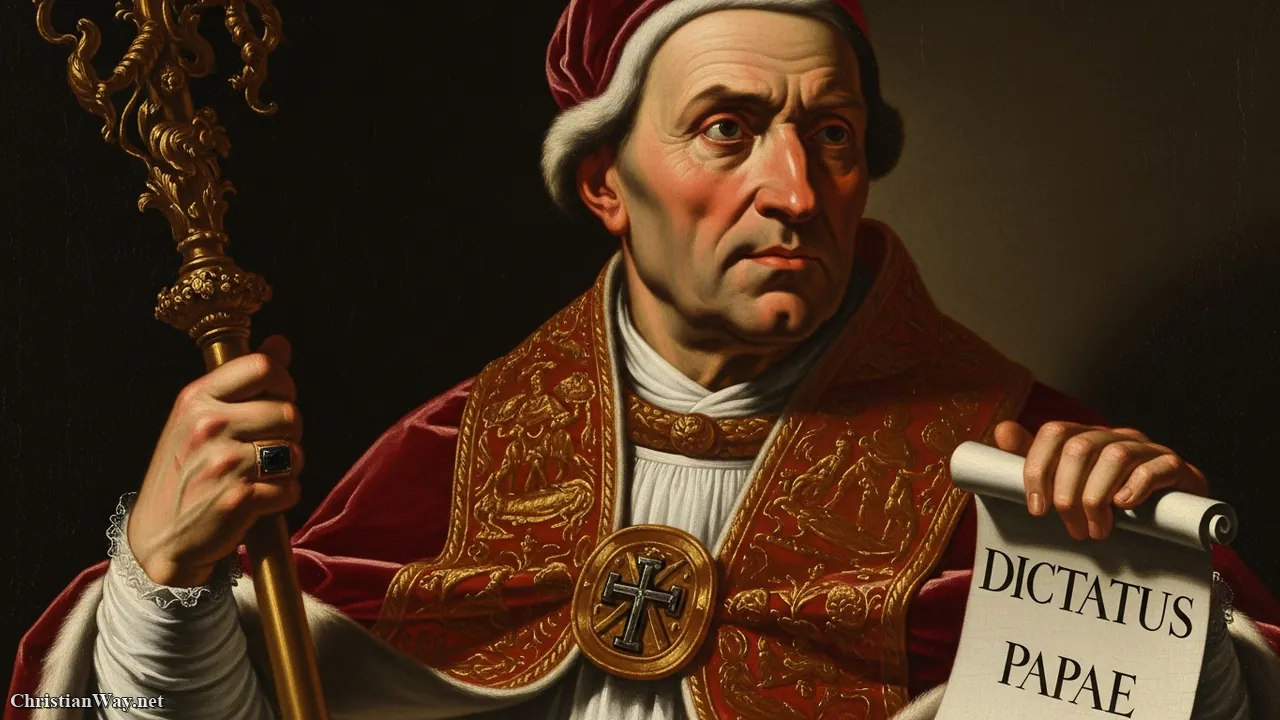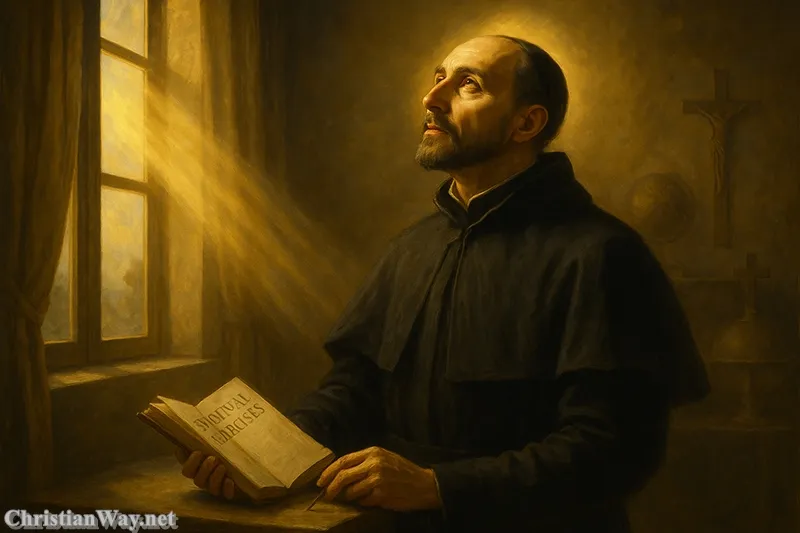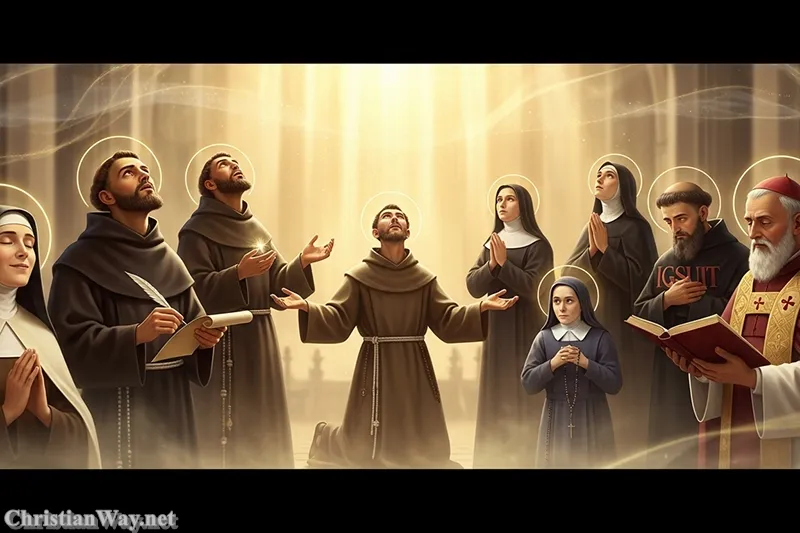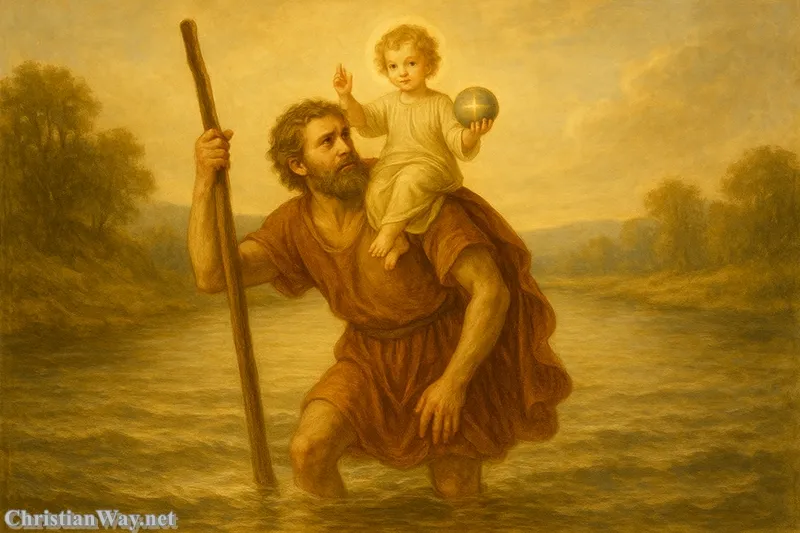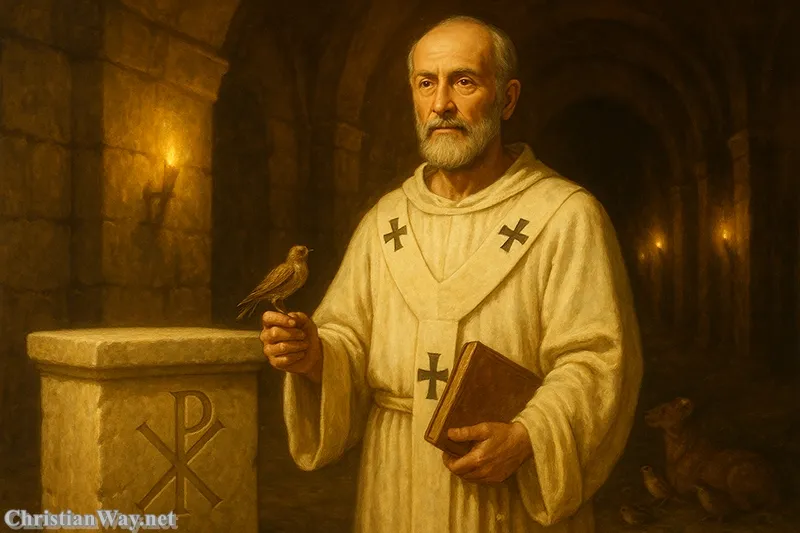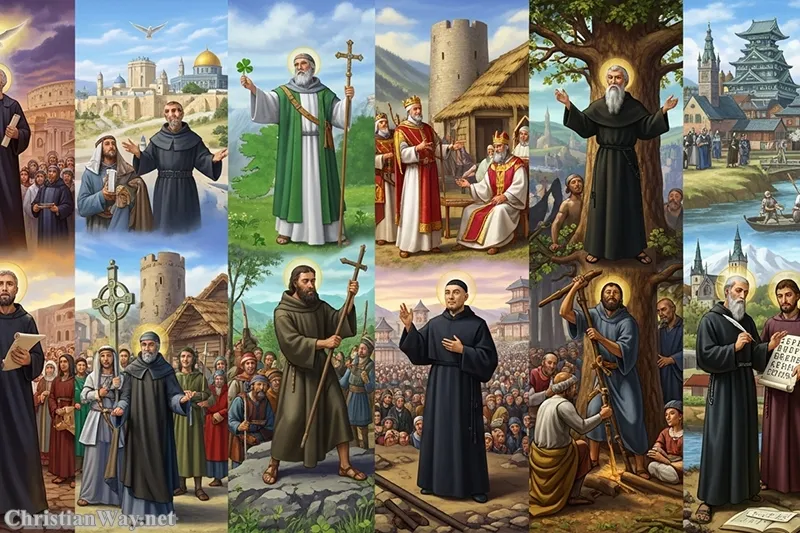Dear friends in Christ,
Every human heart, in its quietest moments, hungers to know love that is real, faithful, and unchanging. In the Catholic faith, this love has a face — the face of Jesus Christ, the Son of God, who became man for us and for our salvation. Everything that the Church teaches, celebrates, and hopes for finds its meaning in Him. Jesus is not simply a teacher of goodness or a model of virtue. He is the living God made visible, the Word through whom all things were created, the Redeemer who entered history to heal it from within.
When Catholics speak of belief and devotion to Jesus Christ, they speak of a relationship — not merely a concept or a doctrine. It is a living communion between the human soul and the divine Savior, rooted in faith, nourished in the Sacraments, and expressed through prayer, love, and daily discipleship. To know Jesus is to enter into the mystery of God’s love poured out for the world — a love that continues to shine through the Church and the hearts of those who follow Him.
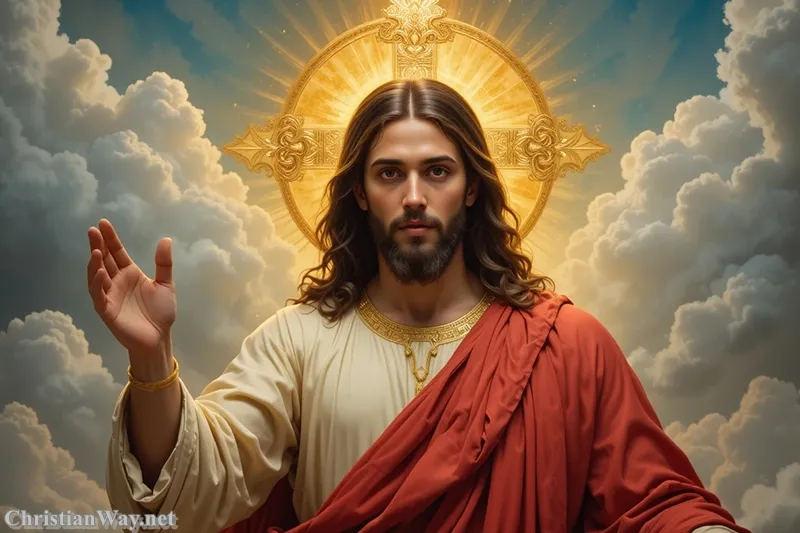
Let us reflect, then, on who Jesus Christ is in Catholic belief, and how that faith blossoms into a life of devotion — a love that embraces the cross and rejoices in the Resurrection.
The Mystery of the Incarnation
At the center of Catholic faith stands the mystery of the Incarnation — the belief that in Jesus of Nazareth, God Himself took on human nature. As the Gospel of John proclaims: “And the Word became flesh and dwelt among us” (John 1:14). This single truth changes everything. The infinite God, who created heaven and earth, entered into time, taking upon Himself our fragility, our joys, and our sufferings.
The Church professes that Jesus Christ is true God and true man — fully divine, yet fully human. The Council of Chalcedon (451 A.D.) expressed this mystery beautifully, teaching that in the one person of Christ, the divine and human natures are united “without confusion, without change, without division, without separation.” This means that everything Jesus does — His words, His miracles, His compassion — reveals both the heart of God and the beauty of redeemed humanity.
For Catholics, this is not a distant theological concept. It means that God is near, closer than we could ever imagine. He has walked our roads, known our tears, and shared our hunger. In Jesus, God’s love has taken a human face — one that we can look upon, love, and follow.
Jesus Christ, the Redeemer of the World
The heart of Catholic faith beats with the truth that Jesus Christ died and rose again for our salvation. The Cross is not merely an instrument of suffering; it is the place where divine mercy and human sin meet, where death is transformed into life.
Saint Paul writes, “God proves His love for us in that while we were still sinners Christ died for us” (Romans 5:8). In the Catholic understanding, Jesus’ Passion and Death are not simply tragic events but the supreme act of love by which humanity is reconciled with God. His Resurrection is the victory of that love — the dawn of a new creation in which sin and death no longer have the final word.
Every time Catholics celebrate the Eucharist, they enter into this mystery anew. The Mass is not a repetition of Calvary but a real participation in it — the same sacrifice of Christ made present in a sacramental way. This is why Jesus is called the Lamb of God who takes away the sins of the world (John 1:29). His self-offering is eternal, and through it, the faithful receive the grace that heals, sanctifies, and unites them with the Father.
Jesus Christ in the Holy Eucharist
No aspect of Catholic devotion to Christ is more profound than the Eucharist, the sacrament in which Jesus remains truly present — Body, Blood, Soul, and Divinity. Catholics believe that at the consecration of the Mass, through the words of Christ and the power of the Holy Spirit, bread and wine become the very Body and Blood of Christ.
This is not symbolic. It is the living reality of Christ’s abiding presence. As He said at the Last Supper: “This is my body… this is my blood” (Matthew 26:26–28). Through the Eucharist, the faithful receive Christ Himself, uniting their lives to His sacrifice and His Resurrection.
Saint Augustine once said, “You become what you receive.” When we receive the Eucharist, we are drawn into the life of Christ, transformed from within, and sent forth to be His living presence in the world. This is why Catholic devotion to Jesus cannot be separated from adoration of the Blessed Sacrament. In silent prayer before the tabernacle, believers encounter the gentle mystery of Emmanuel — God with us — who waits, listens, and loves.
The Sacred Heart of Jesus: Love Made Visible
Among the most beloved devotions in Catholic spirituality is the Sacred Heart of Jesus — a symbol not of sentiment, but of divine compassion. The Heart of Christ represents His boundless love for humanity, wounded by sin yet never ceasing to pour forth mercy.
This devotion, deeply rooted in Scripture, finds its image in the moment when the soldier’s lance pierced Jesus’ side on the Cross: “And at once there came out blood and water” (John 19:34). The Church sees in this moment the outpouring of grace through the Sacraments — Baptism and the Eucharist — and the revelation of a love that never ends.
The faithful who honor the Sacred Heart do not merely venerate an image; they seek to conform their own hearts to His — to learn His gentleness, His humility, and His compassion for the lost and the suffering. As Jesus Himself said, “Learn from me, for I am gentle and humble of heart, and you will find rest for your souls” (Matthew 11:29).
Jesus Christ in the Communion of Saints
To believe in Jesus is to belong to His Body, the Church — the living community of believers united in Him. The Church is not merely an institution; it is the continuation of Christ’s presence on earth. Through her, Christ teaches, forgives, sanctifies, and serves.
The saints are the living witnesses of this truth. Their lives show what it means to be transformed by Christ’s love — from Mary, the Mother of God, who first believed, to the martyrs, mystics, and humble servants whose faith illuminated the centuries. In their holiness, we see not human perfection, but the radiance of Christ alive in human hearts.
Catholic devotion to the saints never replaces devotion to Jesus; rather, it flows from it. The saints are our companions on the journey, pointing us always to the One who is the Way, the Truth, and the Life.
Jesus Christ and the Virgin Mary
No one reflects the mystery of Jesus more perfectly than Mary, His Mother. In Catholic belief, devotion to Mary is inseparable from devotion to her Son. She is the first disciple, the model of faith, who said “yes” to God and gave the world its Savior.
At Cana, she told the servants, “Do whatever He tells you” (John 2:5) — a command that still echoes through the ages. Mary’s role in salvation history is always to lead souls to Jesus, never to herself. Catholics honor her not as a goddess but as the Mother of the Redeemer, the one who stood faithfully at the foot of the Cross and who now intercedes for us with her Son in heaven.
Through the Rosary and Marian devotion, the Church contemplates the life of Jesus through the eyes of His Mother, allowing the mysteries of His life — joyful, sorrowful, and glorious — to become patterns of grace in our own.
The Personal Relationship with Jesus Christ
While Catholic faith is communal and sacramental, it is also deeply personal. Each believer is called to know Jesus Christ intimately — to meet Him in prayer, to speak with Him as a friend, and to allow His Spirit to shape every part of life.
Saint Paul declared, “It is no longer I who live, but Christ who lives in me” (Galatians 2:20). This is the heart of Catholic devotion — to be united with Christ so completely that His love becomes the pattern of our own. Through daily prayer, the reading of Scripture, acts of mercy, and fidelity to God’s will, Catholics grow in friendship with Jesus, discovering that faith is not an idea but a living relationship.
To love Jesus means to love what He loves — the poor, the suffering, the lost, and the sinner. It means to forgive as He forgives, to serve as He serves, and to trust as He trusted in the Father’s plan.
Jesus Christ in the Modern World
In every age, the Church confesses that Jesus Christ is the same yesterday, today, and forever (Hebrews 13:8). Yet each generation must rediscover His presence in its own time. In a world often restless, divided, and searching for meaning, the Catholic devotion to Christ offers a still point — a living reminder that love has not vanished, that truth is not relative, and that hope is stronger than despair.
Catholic belief in Jesus is not an escape from the world but a call to transform it. The Gospel invites us to see Christ in the stranger, the outcast, and the suffering. As Pope Francis often reminds the faithful, to encounter Jesus is to be sent forth as a missionary of mercy — to be His hands and heart in a wounded world.
Reflect and Pray
To believe in Jesus Christ is to let His love define us. In Catholic faith and devotion, Christ is not distant or abstract — He is near, tender, and alive. He is the Son of God who became our Brother, the Lamb who takes away our sins, the Bread of Life who feeds our hunger, the Risen Lord who walks beside us on the road of life.
Dear brothers and sisters, may our faith in Jesus not be confined to words or rituals alone, but become a living flame within us — a love that prays, forgives, and gives itself daily. When we gaze upon the crucifix or kneel before the Eucharist, may our hearts whisper the simple confession of faith: “My Lord and my God.”
Let us pray:
Lord Jesus Christ,
Son of the living God,
You are our Redeemer, our Friend, and our Hope.
Draw our hearts ever closer to Yours.
Teach us to love as You love, to forgive as You forgive,
and to trust as You trusted in the Father’s will.
May Your presence in the Eucharist renew our faith,
and may Your Sacred Heart be our refuge and our peace.Amen.
— Fr. John Matthew, for Christian Way
